How Mental Health & SUD Bias Impact ED Physical Care
Physician's Weekly
JUNE 19, 2025
Mental health and SUD bias impact the quality of ED care that patients with these conditions receive for physical health concerns, according to research. The post How Mental Health & SUD Bias Impact ED Physical Care first appeared on Physician's Weekly. Safety net at capacity.

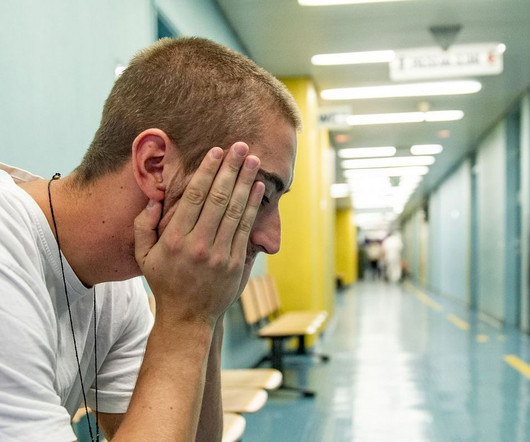
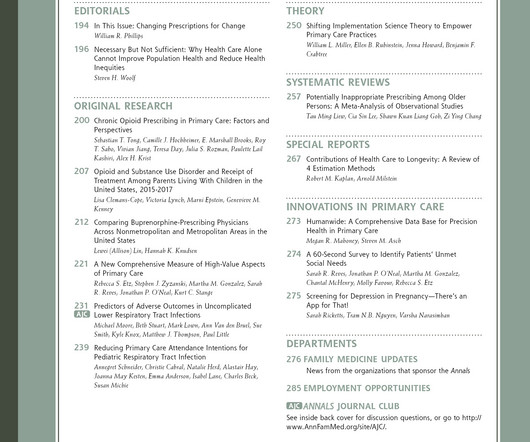

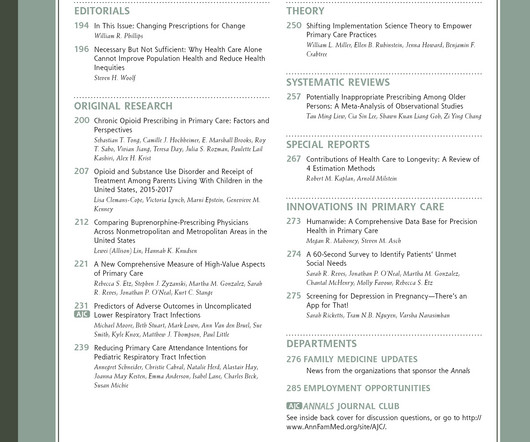
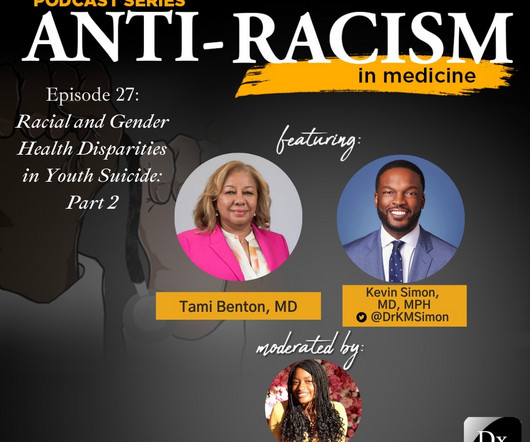


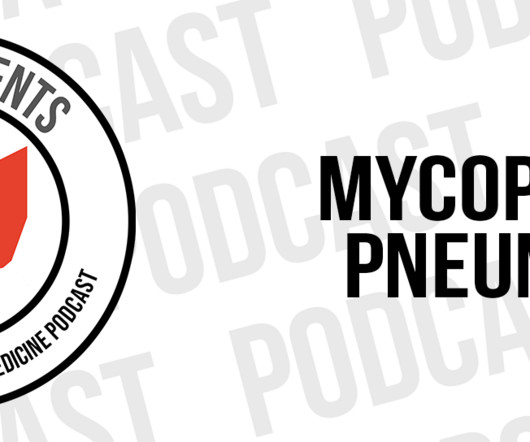


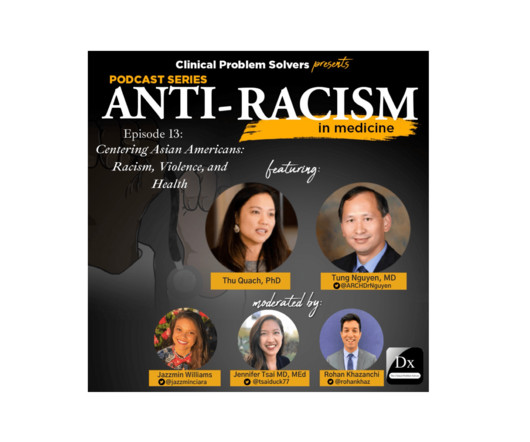
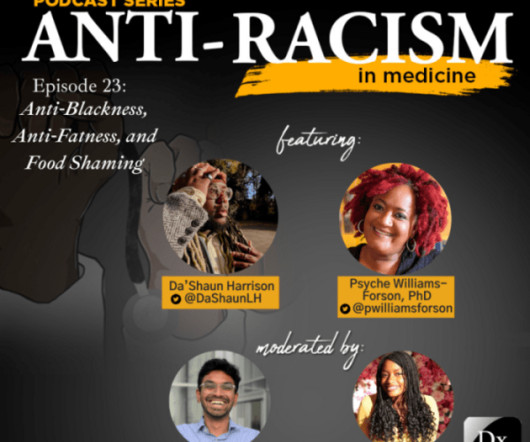












Let's personalize your content